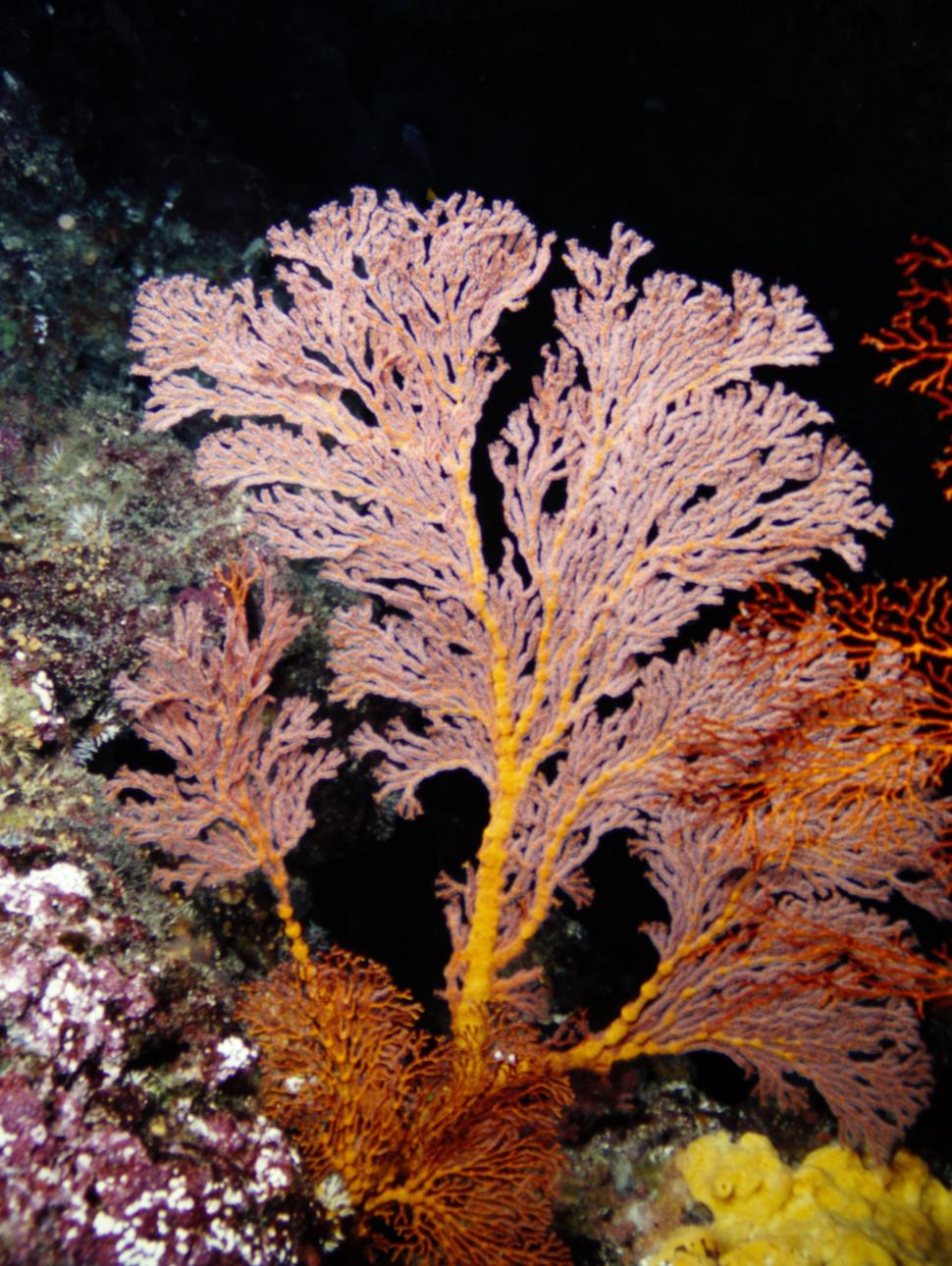
Adaptations
Dates
Weekdays during school term | 10am and 12.30pm
$280 per group (up to 32 students)
Living things are remarkable in their ability to adapt to changing environments. Come and explore some adaptations of our avian friends, or perhaps marine life is more your focus. The choice is yours.
Adaptations: Birds
Focusing on birds, this program examines the way living things adapt to their environment and the changes that allow species to thrive and survive.
Students will use scientific tools, Museum specimens and 3D scans to observe and record structural changes in bird skulls, beaks and feathers.
Student experience
Students will:
- Investigate structural adaptations of birds
- Describe and record some of these structural features
- Recognise that structural features are adaptations which help birds to survive in their environment
- Understand the importance of physical adaptations to an organism’s survival
Program feedback
"Perfectly links to science curriculum of adaptations."
"The learning experience that was provided was fantastic. It was aligned to the curriculum and the content that we were covering in class. The children were engaged in learning throughout the whole workshop. The children just loved it."
"I have been teaching for a long time and this is one of the best excursions that I have been on."
Adaptations: Marine Life
Explore the ocean depths and discover creatures and their unusual adaptations and life cycles. Investigate what is causing their environment to change and how this impacts their ability to survive. Snorkeling gear is not required!
Student experience
Students will:
- Explore unusual life cycles of marine species
- Identify some adaptations of marine creatures that enable them to survive
- Investigate the impacts of climate change on marine life
- Understand that interdependencies and symbiotic relationships exist within these aquatic habitats to help species survive
- Visit the Leeuwin Journey exhibition in the Wild Life gallery.
Program feedback
"Amazing interactive experiences and hands on activities for the students."
"It was perfectly linked to the curriculum and what we had been working on in class. The science experiment involving the indicator was great. It was perfectly pitched at the students' understanding/ability."
Curriculum Links
This program links to the following strands of the Western Australian Curriculum:
Year 4
- Biological sciences: Living things depend on each other and the environment to survive (ACSSU073)
- Nature and development of science: Science involves making predictions and describing patterns and relationships (ACSHE061)
- Use and influence of science: Science knowledge helps people to understand the effect of their actions (ACSHE062)
Year 5
- Biological sciences: Living things have structural features and adaptations that help them to survive in their environment (ACSSU043)
- Use and influence of science: Scientific knowledge is used to solve problems and inform personal and community decisions (ACSHE083)
- Questioning and Predicting: With guidance, pose clarifying questions and make predictions about scientific investigations (ACSIS231)
Year 6
- Biological sciences: The growth and survival of living things are affected by physical conditions of their environment (ACSSU094)
- Questioning and Predicting: With guidance, pose clarifying questions and make predictions about scientific investigations (ACSIS232)
- Nature and Development of Science: Science involves testing predictions by gathering data and using evidence to develop explanations of events and phenomena and reflects historical and cultural contributions (ACSHE098)
All facilitated workshops are led by the Museum’s experienced Learning and Engagement team and have been curated using the Museum’s unique resources to provide a deeper learning experience in our specialist subject areas.
Your booking for a facilitated workshop will include all materials and activities for the duration of the program with no prior preparation required.
As part of all facilitated workshop bookings, you are welcome to explore the rest of the Museum free of charge pre or post workshop and do not need to make any additional bookings to do so. WA Museum Boola Bardip is open daily from 9.30am to 5pm, with last entry at 4pm.